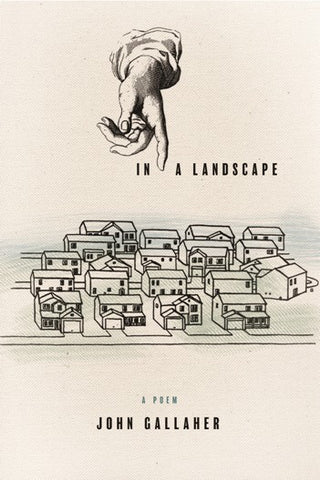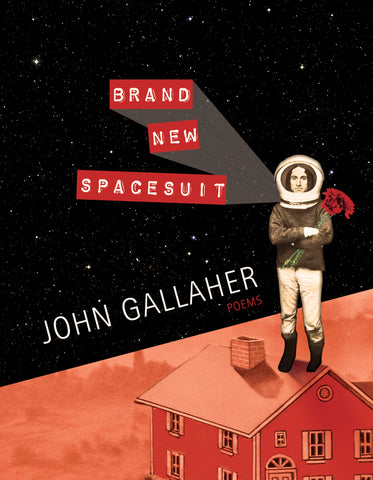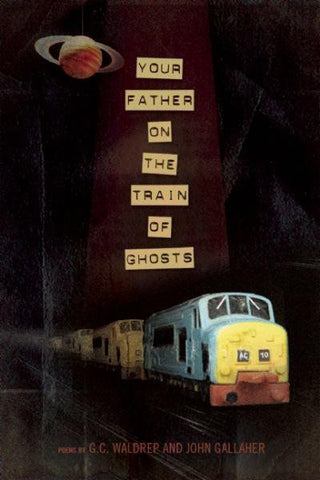
About This Title
Excerpt From “In a Landscape: I”
“Are you happy?” That’s a good place to start, or maybe,
“Do you think you’re happy?” With its more negative
tone. Sometimes you’re walking, sometimes falling. That’s part
of the problem too, but not all of the problem. Flowers out the window
or on the window sill, and so someone brought flowers.
We spend a long time interested in which way the car would
best go in the driveway. Is that the beginning of an answer?
Some way to say who we are?
Praise for In a Landscape
“Like all curious and worried (not neurotic) artists, Gallaher would rather communicate psychically ... but like all of us he has to use words. You can feel it in his sentences, that if you were to actually talk to him he would probably say ‘you know??’ a lot. I think it’s because we all ‘do know,’ we just don’t know until someone triggers that thing which is the nerve ending that travels to the subconscious and PING! So yeah, maybe I was wrong ... Gallaher is not a writer or a poet, he is a psychic using words to trick us.”—Wayne Coyne, The Flaming Lips
“I have long considered John Gallaher to be one of the most thought-provoking poets of his generation, and In a Landscape is his best book yet. These poems are fidgety and sneaky—engaged with a world of characters, traffic, memories, and perception. But just beneath their deceptively playful surfaces lies real urgency, as Gallaher grapples with the instability of the recollected past, the nature of mortality, and the impossibility of truly knowing the intentions of others. Reading these poems is like listening in on the thoughts of a brilliant mind at work on unsolvable, often existential problems, the poet always peering outward, toward a landscape of autobiography and memory that ‘goes on all night, dotted with little fires.’”—Kevin Prufer, author of National Anthem
“[In a Landscape] functions as an extended monologue of varied pitch and range in which the speaker is less concerned with results and technical prowess than the process of speaking (and living) itself . . . Gallaher’s charm and wit, and the project’s breadth, will woo readers.”—Publishers Weekly
“Like Whitman, Gallaher celebrates his vast incomprehension of the material world, no matter how big or how small, from Bob the Builder to John Cage, even as he ambulates to map the mind’s terrain, unsure if the two remain as visibly distinct as traffic lights or stars in space. . . . If you’re looking for answers, Gallaher’s not going to give them to you. If you’re looking for questions, you’ve just stumbled on something great.”—Common Good Books
About the Author
John Gallaher is the author of The Little Book of Guesses (2007, Four Way Books), winner of the Levis Poetry Prize; Map of the Folded World (2009, University of Akron Press); and co-author, with G.C. Waldrep, of Your Father on the Train of Ghosts (2011, BOA Editions). His poetry appears widely in such places as The Boston Review, The Kenyon Review, Ploughshares, and The Best American Poetry. Gallaher is currently an associate professor of English at Northwest Missouri State University, and co-editor of The Laurel Review.
Publication Date: October 14, 2014
ISBN: 978-1-938160-50-9
© BOA Editions, Ltd. 2014



